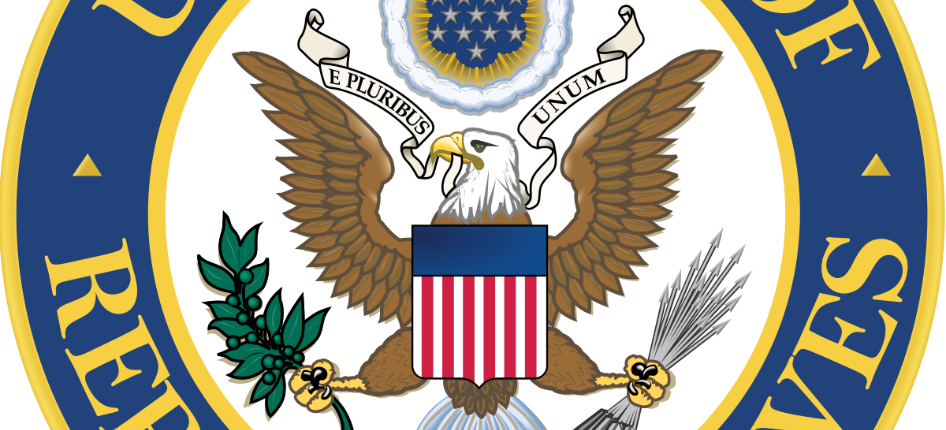“We the people are the rightful masters of both Congress and the courts, not to overthrow the Constitution but to overthrow the men who pervert the Constitution.”
– Abraham Lincoln, congressman, 1847–1849
In Pioneer’s ongoing series of blogs here on curricular resources for parents, families, and teachers during COVID-19, this one focuses on:
Celebrating the U.S. House of Representatives.
“I know no North – no South – no East – no West,” reads the gravestone of Kentucky’s Henry Clay, the greatest Speaker of the U.S. House of Representatives in our history. Blending elements of the ancient Athenian Assembly, Britain’s House of Commons, and America’s colonial legislatures, the Founding Fathers intended that the U.S. House of Representatives would fully represent the more democratic, localized interests of citizens in states’ congressional districts.
Article. I. Section. 2. of the Constitution prescribes that the House be led by its speaker, who represents the majority party and controls its flow of legislation. Given that the Constitution enumerates legislative powers first, the House is the epicenter of American lawmaking. Spending appropriations, war declarations, presidential impeachments, and most proposed bills start there. With congressional districts apportioned by population, U.S. representatives serve two-year terms; and since 1789, more than 10,000 have done so.
Lutheran minister Frederick Muhlenberg of Pennsylvania was the first of the 54 people to serve as speaker, but the most celebrated is the early 19th-century “Great Compromiser,” Henry Clay. Speaker Clay, a heavy-drinking gambler and stellar orator, is one of the most important lawmakers in our history; his “American System” of banks, canals, and roads defined the country.
Jacksonian Democrat James Polk is the only speaker to have also served as U.S. president, while Speaker John “Cactus Jack” Garner was later Franklin Roosevelt’s vice president. In our era, Speaker Newt Gingrich’s “Contract with America,” which recaptured Congress for the Republicans, and Democrat Nancy Pelosi becoming the first female speaker, were historic milestones.
With eight, Massachusetts has had more speakers of the U.S. House than any other state. Boston’s John McCormack was the power broker speaker when Presidents Kennedy, Johnson, and Nixon were in office. In the latter-20th century, Speaker Tip O’Neill lived by his famous dictum, “all politics is local,” encapsulating the outlook of the U.S. House of Representatives.
American schoolchildren need to know more about the basic civics and history of our key democratic institutions. To remedy this, we’re offering a variety of resources to help parents, teachers, and high schoolers:

Athenian Democracy, 6th century BC
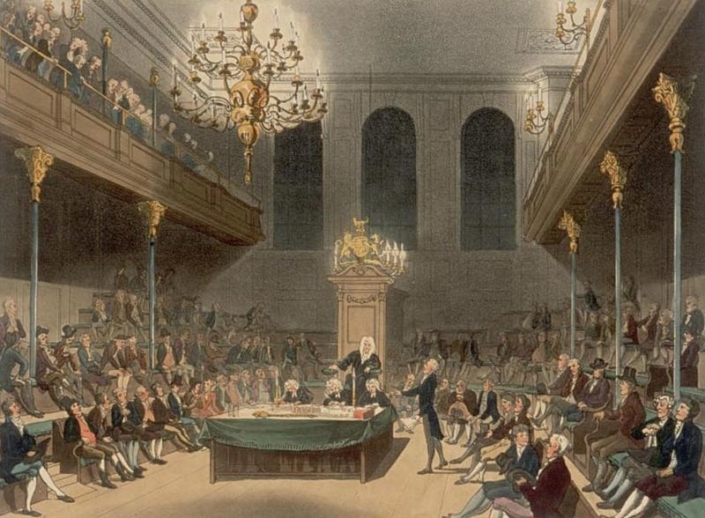
House of Commons of the United Kingdom 13-14th centuries to the present
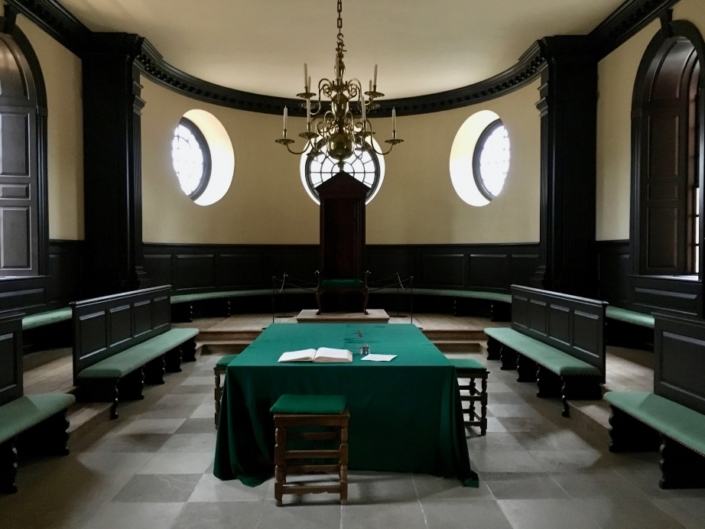
House of Burgesses, Colony of Virginia, 1642 to 1776
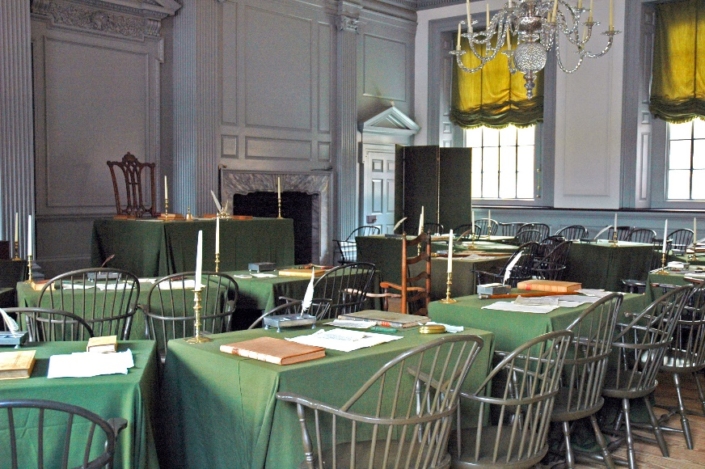
Continental Congress, 1774-1789

The Federalist Papers: No. 52 (1788), by “Publius” James Madison or Alexander Hamilton
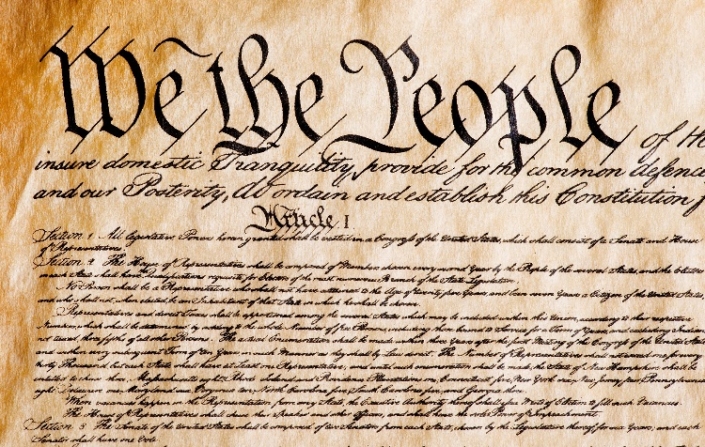
The Constitution of the United States, Article. I. Section. 2., The National Archives
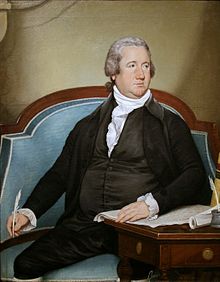
Frederick Muhlenberg, Speaker of the House of Representatives in the First Congress, 1789
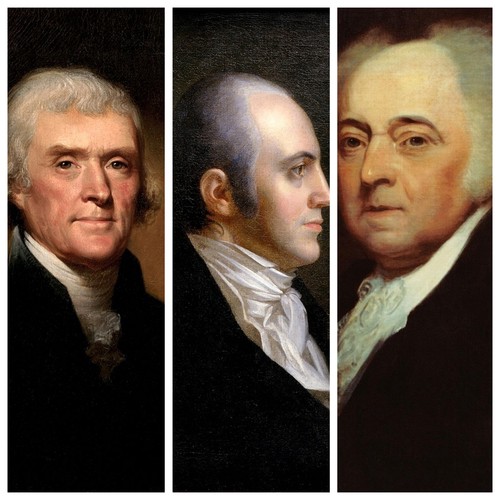
1800 United States Presidential Election
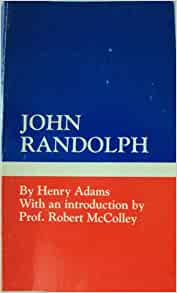
John Randolph, by Henry Adams
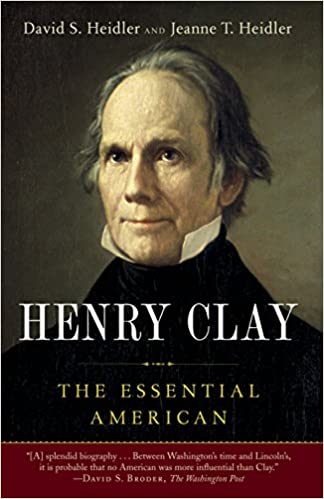
Henry Clay: The Essential American, by David S. Heidler and Jeanne T. Heidler
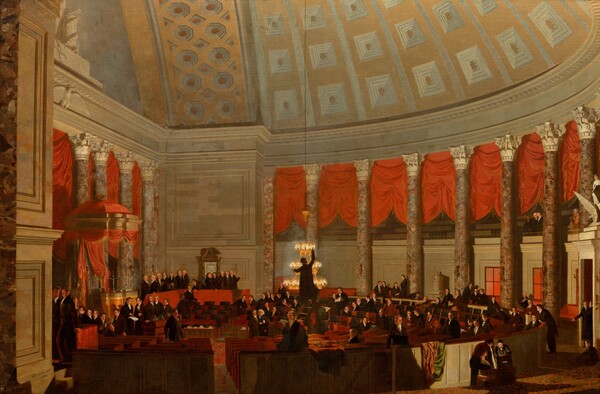
The House of Representatives, Samuel F. B. Morse, 1822
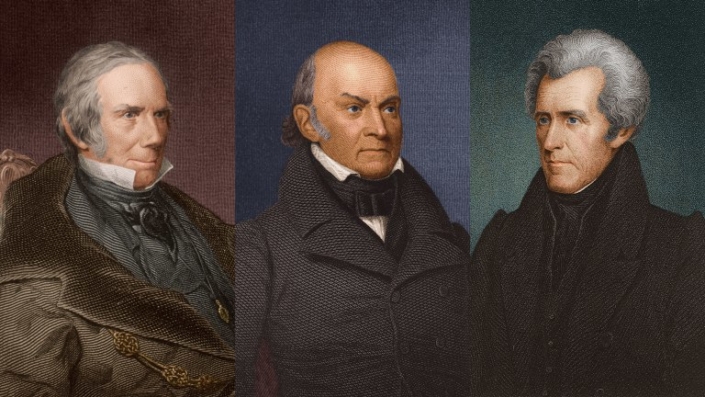
1824 United States Presidential Election:

Henry Clay: Statesman for the Union, by Robert V. Remini
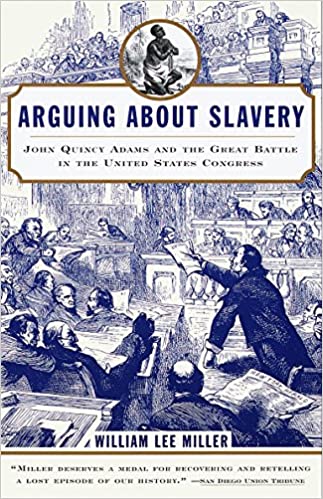
Arguing about Slavery: John Quincy Adams and the Great Battle in the United States Congress, by William Lee
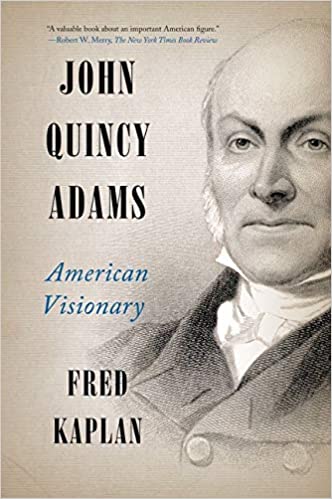
John Quincy Adams: American Visionary, by Fred Kaplan
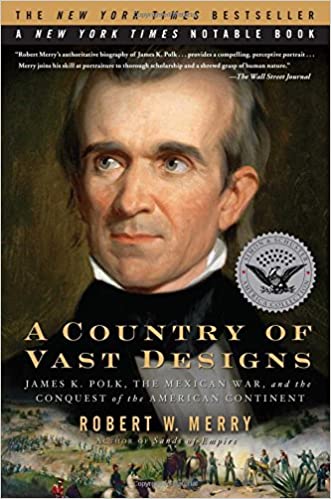
A Country of Vast Designs: James K. Polk, the Mexican War and the Conquest of the American Continent, by Robert W. Merry
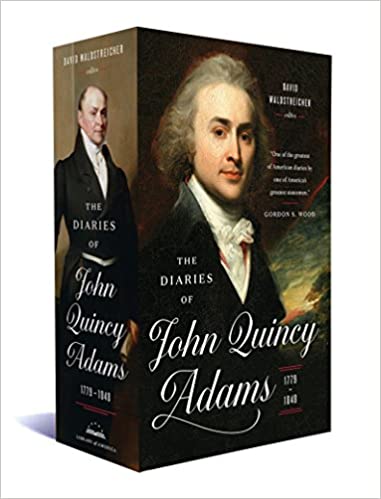
The Diaries of John Quincy Adams 1779-1848: A Library of America Boxed Set, by John Quincy Adams and David Waldstreicher (Editor)
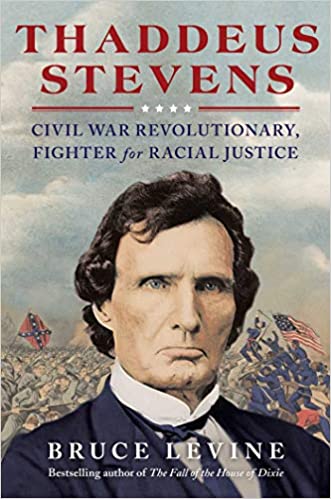
Thaddeus Stevens: Civil War Revolutionary, Fighter for Racial Justice, by Bruce Levine
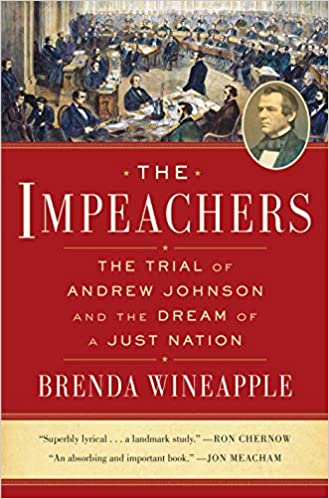
The Impeachers: The Trial of Andrew Johnson and the Dream of a Just Nation, by Brenda Wineapple
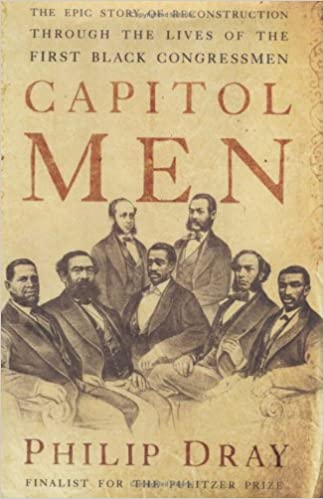
Capitol Men: The Epic Story of Reconstruction Through the Lives of the First Black Congressmen, by Philip Dray
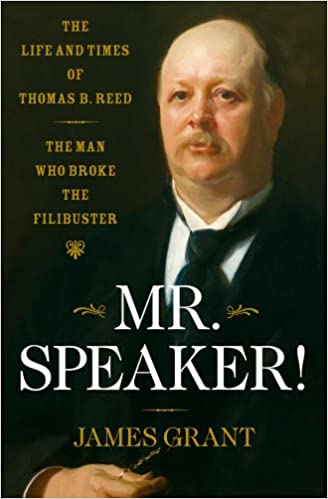
Mr. Speaker!: The Life and Times of Thomas B. Reed The Man Who Broke the Filibuster, by James Grant
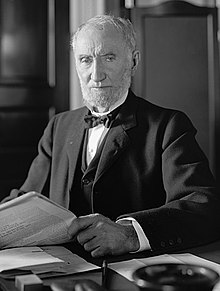
Speaker Joseph G. Cannon, (1903 to 1911)
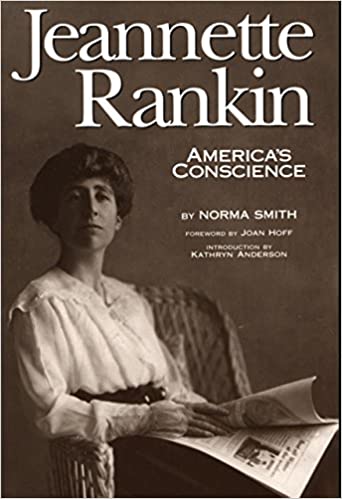
Jeannette Rankin, America’s Conscience, by Norma
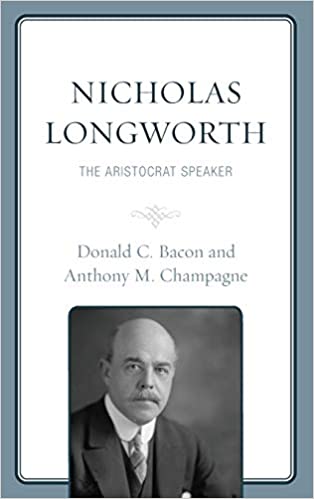
Nicholas Longworth: The Aristocrat Speaker, by Donald C. Bacon and Anthony M. Champagne
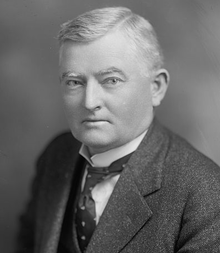
Speaker John “Cactus Jack” Nance Garner, (1931-1933)
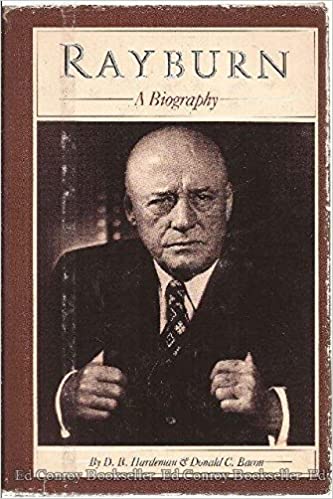
Rayburn: A Biography, by D. B. Hardeman and Donald C. Bacon
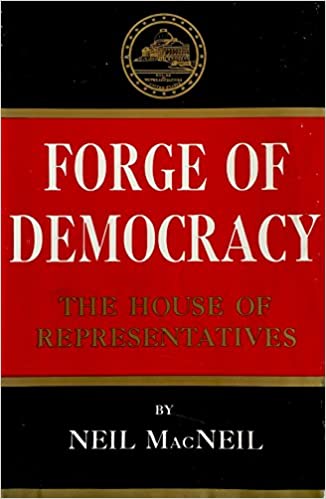
Forge of Democracy: the House of Representatives, by Neil MacNeil
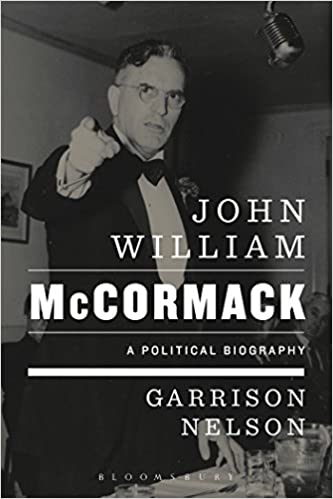
John William McCormack: A Political Biography, by Garrison Nelson
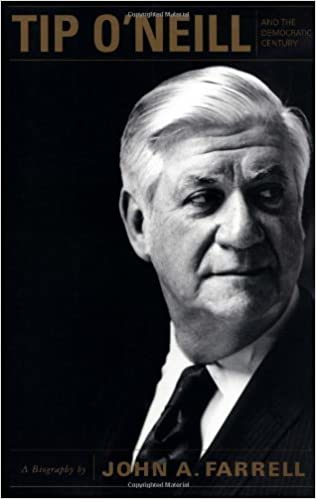
Tip O’Neill and the Democratic Century: A Biography, by John A. Farrell
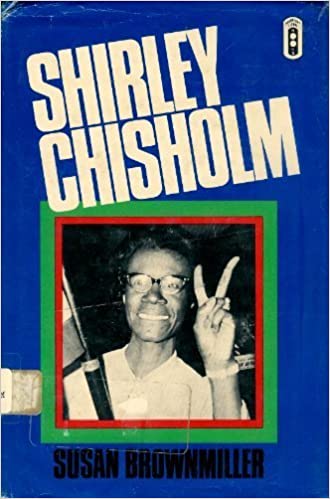
Shirley Chisholm: A Biography, by Susan Brownmiller
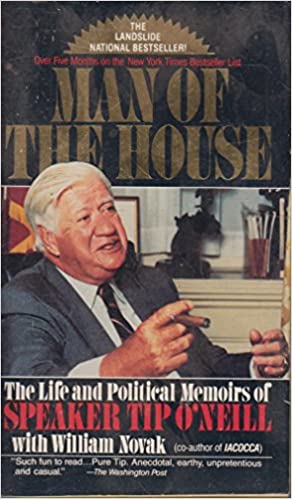
Man of the House: The Life and Political Memoirs of Speaker Tip O’Neill, by Tip O’Neill
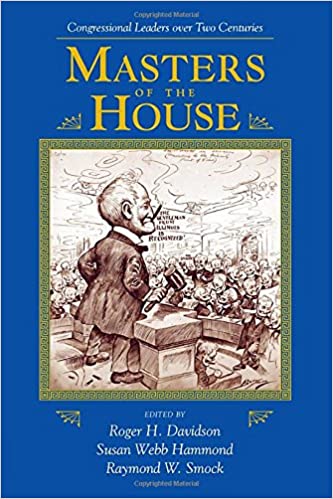
image033

Speaker Jim Wright: Power, Scandal, and the Birth of Modern Politics, by J. Brooks
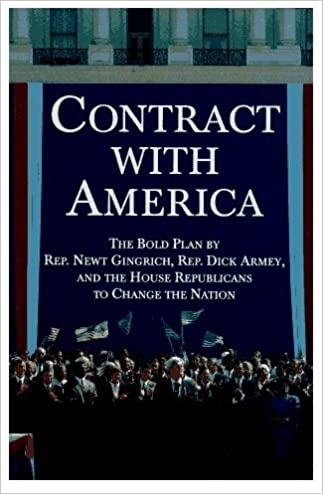
Contract with America, by Newt Gingrich et al.
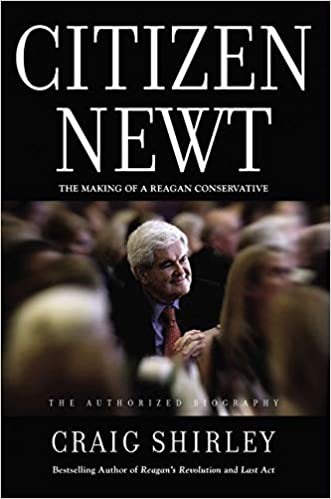
Citizen Newt: The Making of a Reagan Conservative, by Craig Shirley
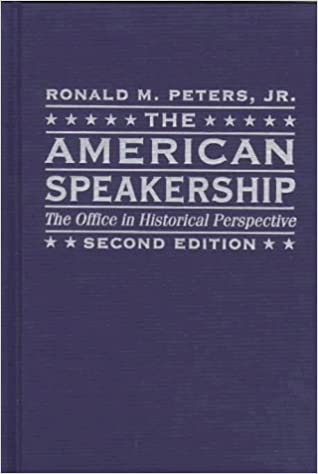
The American Speakership: The Office in Historical Perspective, by Professor Ronald M. Peters, Jr.
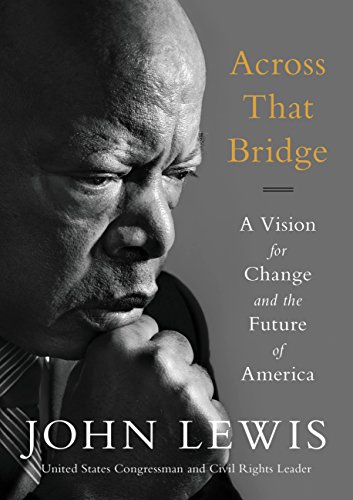
Across That Bridge: Life Lessons and a Vision for Change, by John Lewis
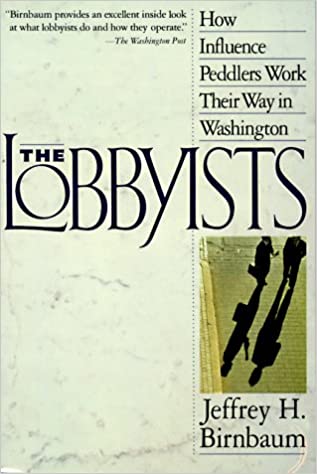
The Lobbyists: How Influence Peddlers Work Their Way in Washington, by Jeffrey Birnbaum
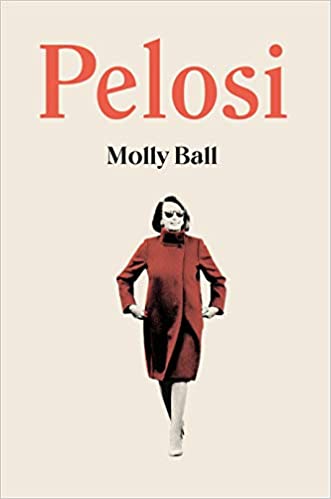
Pelosi, by Molly Ball

The House: The History of the House of Representatives, by Robert V. Remini


